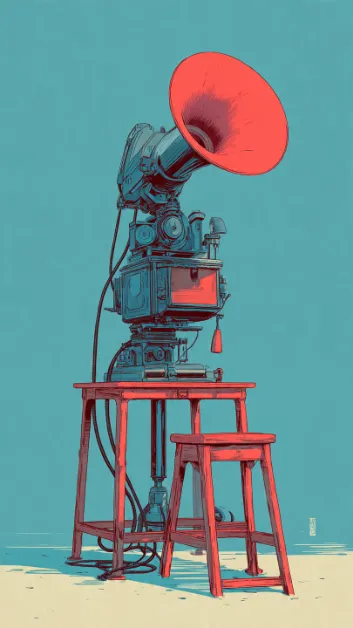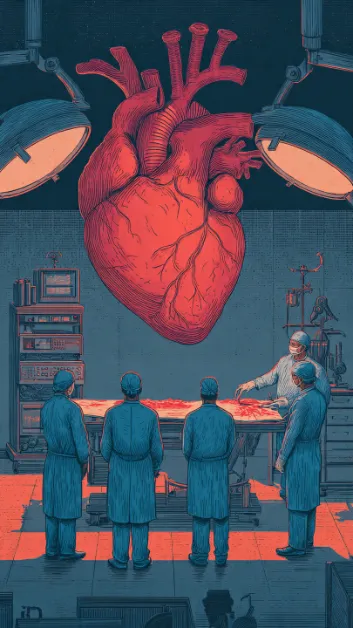
Activism In a Politically Labouring Uganda
In conversation with Cynthia Nakato: What drives her as an activist amidst Uganda's political quagmire?
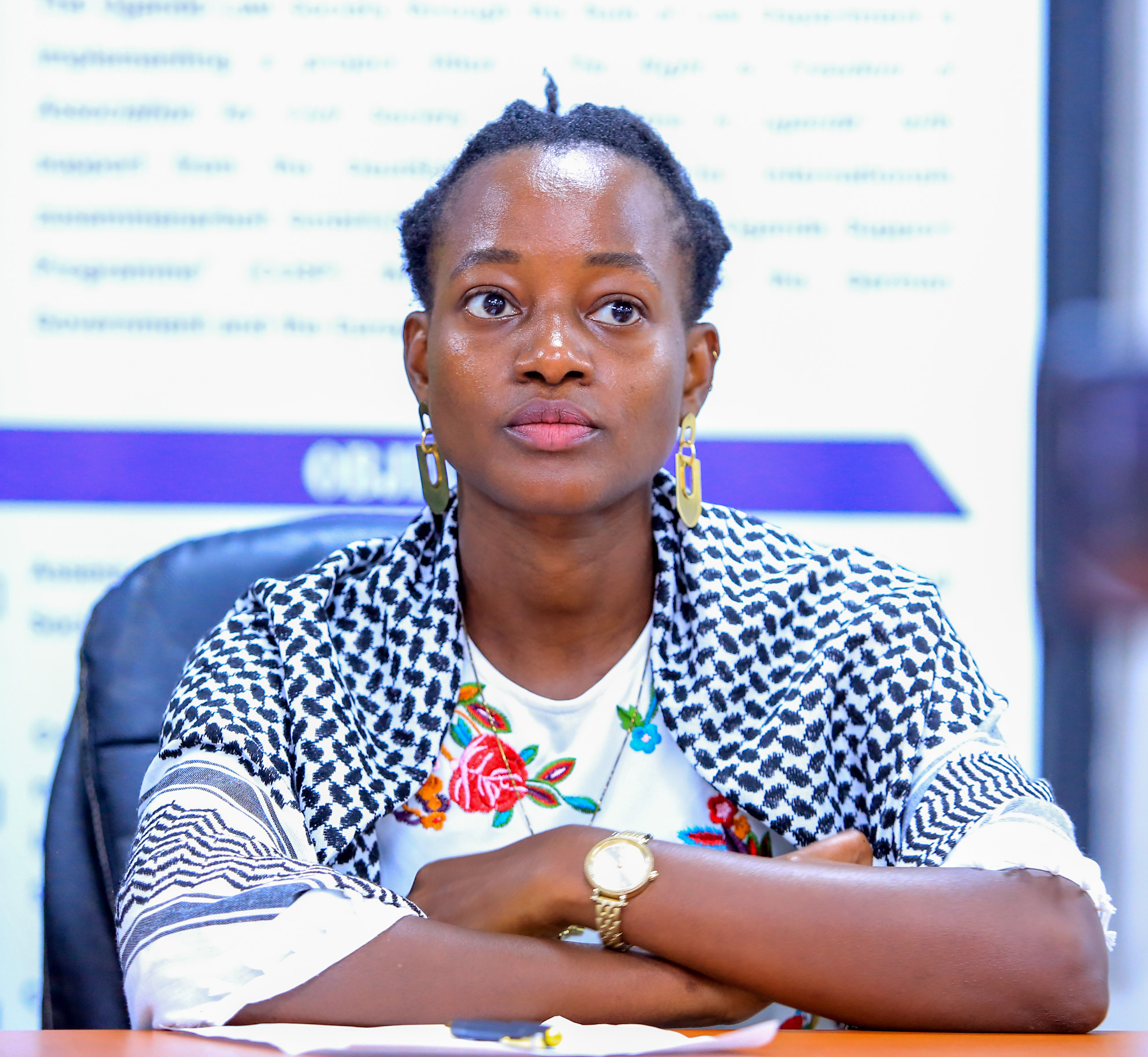
07 Nov, 2024
Share
Save
There is nothing as threatening as activism in Uganda. While you fight tyranny with your right hand, the left should be cautious of your fellow activists, who are your fatal enemies and more lethal than the dictator they claim to fight, or else these comrades might bury you alive.
When a country is bereft of anything meaningful; when the system eventually metamorphoses into a grandeur abyss of immorality, everyone, including those against it, becomes a cannibal—an opportunist, whose focus is grabbing the share of the remaining crumbs—and, throats are slit, friendships broken, and boundaries demarcated.
So, it takes guts to thrive as an exact patriot in Uganda. Whereas you fight the ailing political system, hunger awaits—the economy crawls on its belly like a serpent; perchance you are young and in a relationship with unemployment; your rent is due next month—and then you have to sell your soul to the evil system.
As we digest activism in an already-dysfunctional country, Cynthia Nakato, who has been active in holding public leaders accountable, shares with us her experiences regarding her activism journey, not only as an activist but also as a young woman daring to dream in a misogynistic society:
Can you share your background and what motivates you to participate in Uganda's democracy and human rights struggle, knowing how dangerous such a route can be?
Uganda is truly my only home; so, it’s my responsibility to speak up about governance issues whenever I can, and to the best of my ability.
When and how did you get started in activism, and what were some of your earliest experiences?
I began to speak out in 2018, engaging in discussions with my family about various issues. Then, in early 2020, after my niece and older sister became victims of stray bullets fired by the KCCA, I felt compelled to raise my voice regarding the corruption revealed in the 11th Parliament.
You were a key mobiliser during the March anti-corruption protests against the Uganda Parliament. What sparked your involvement, and what were your goals?
The online parliamentary exhibitions hosted by Agora on X that highlighted the widespread corruption within our parliament piqued my interest. My goal was to see at least three of the protestors' demands addressed by the government: the resignation of the Speaker of Parliament, the removal of the three commissioners involved in the 1.7 billion scandal, and a reduction in MPs' salaries from 40 million UGX to 3 million UGX per month.
Can you describe your experiences during the protests, including any challenges or successes?
It was an overwhelming experience—frightening and scary at times—knowing that taking part carried the risk of arrests or worse. However, I consider the outcome to be a success; even though the ultimate goals of the protests weren't fully realized, they engaged more people and encouraged them to speak out about governance issues in our country. As a result, many individuals have become bolder in voicing their concerns.
Who or what inspires you to continue fighting for democracy and human rights in a politically toxic Uganda?
Other developed countries with well-functioning public services and robust development truly inspire me to keep advocating for change. I believe that Uganda can reach a similar level of progress if we manage our resources responsibly, free from corruption and misallocation.
Can you share some of the biggest challenges you have faced as a young woman in the activism space, and how you overcame them?
As a young woman in the activism space, I can say that being sexualized is not enjoyable. Additionally, in Uganda's activism community, there's an issue with gatekeeping; some individuals believe their activism is the only one that matters and view other activists as threats who should be silenced.
What lessons have you learnt from your experiences, and how have they shaped your approach to activism?
Activism demands patience and objectivity. In our pursuit of change, we must recognize that not everyone feels ready or perceives the urgency to speak out. This realization has taught me to slow down and prioritize my safety, understanding that activism can be risky, and taking a step back when necessary is perfectly acceptable.
How can young people effectively contribute to the struggle for democracy and human rights?
Young people need to speak out and remain consistent and fearless. It’s crucial to be open and welcoming to all Ugandans, regardless of their political affiliations, tribes, or religions. We must recognize that our fight for a better Uganda is a collective struggle that involves us all.
How do you balance your personal life with your activism?
Ultimately, it's about knowing when to step forward and when to step back. I also believe in following my heart rather than following the crowd.
What are your (future) plans for contributing to Uganda's democracy and human rights movement?
I don't have specific plans for contributing to democracy and human rights development, as I’ve learned that things often rarely unfold as expected. Instead, I intend to follow my heart and speak out to those with whom my spirit compels me to engage.
What role do you think women play in Uganda's liberation struggle?
Women have a crucial role in the liberation struggle. They are mothers, daughters, and sisters, and their voices hold great significance.
How can women's leadership be amplified in the activism space?
I believe that women should take the initiative to rise and establish themselves in the realm of activism. Additionally, having positive role models is essential in this journey.
About the author
The Critique is a radical African publishing label dedicated to literature of social protest, political commentary, and cultural defiance. It champions bold, uncompromising writers who confront injustice, expose state violence, critique authoritarianism, and give voice to the oppressed. The imprint prioritises political clarity, moral courage, and stylistic excellence, publishing works that challenge power rather than appease it. Its catalogue includes political essays, protest literature, radical drama, memoirs of struggle, poetry of resistance, and exile or prison writing. The Critique serves as a platform for authors who interrogate corruption, repression, inequality, and social decay across the continent. With a mission to stir public consciousness and preserve social memory, The Critique positions literature as a tool for awakening, resistance, and social transformation. It provides rigorous editorial guidance, professional production, and strategic distribution to ensure that courageous voices reach both local and global audiences.
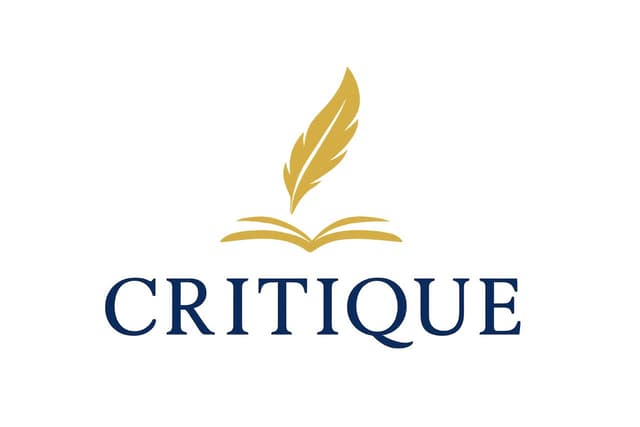
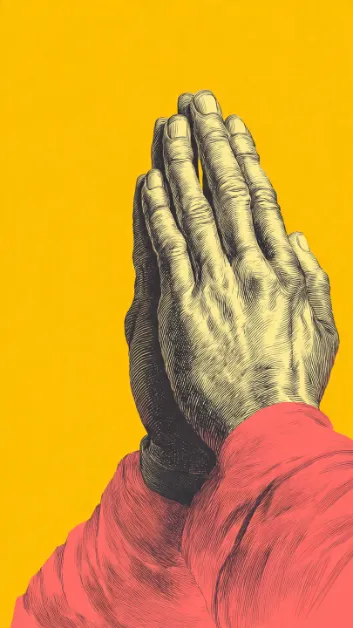
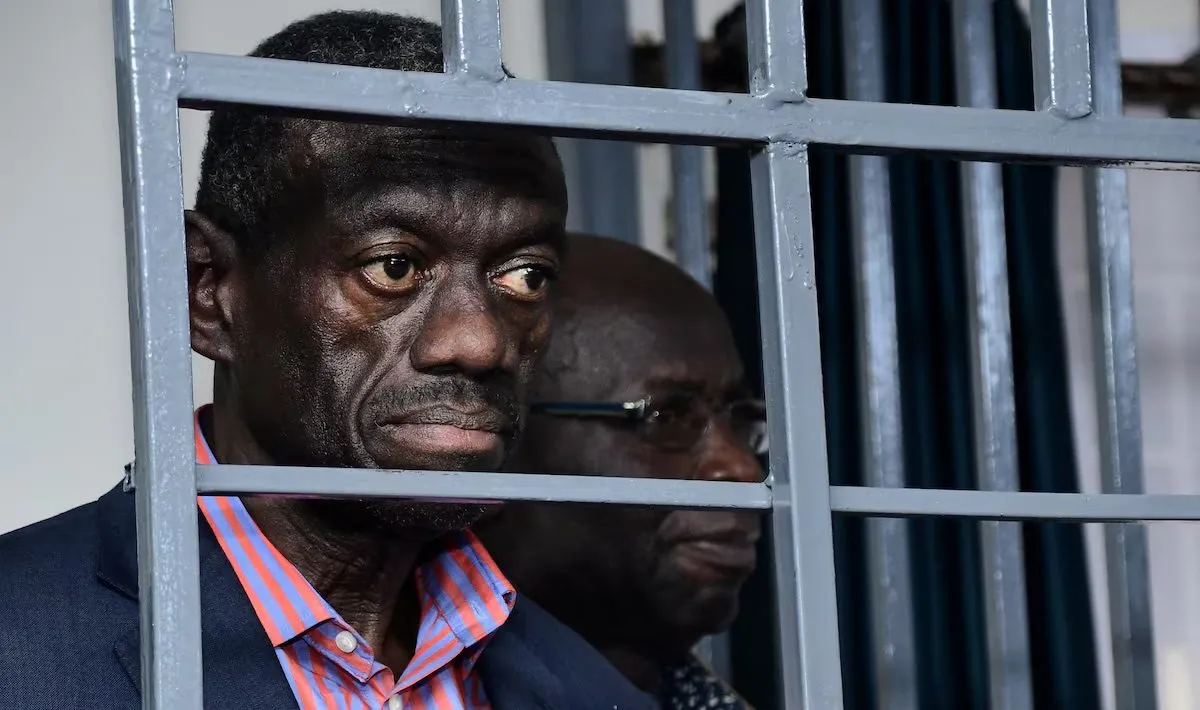
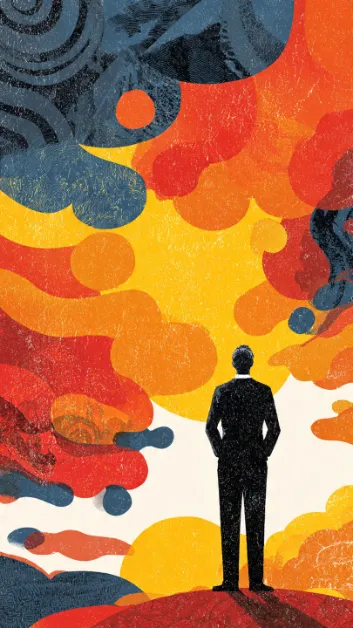
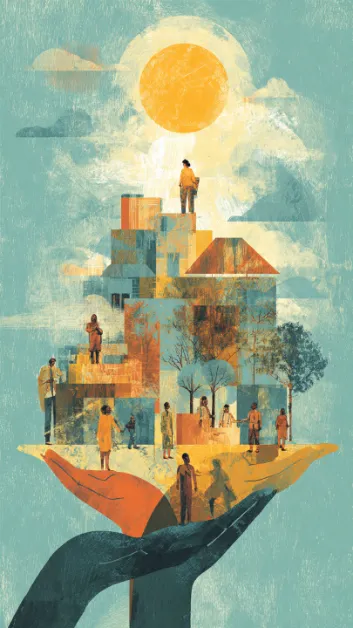
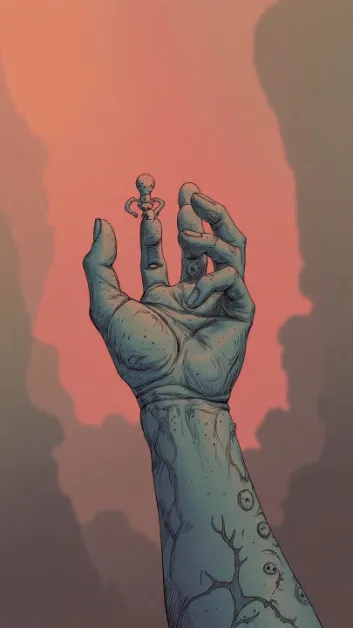
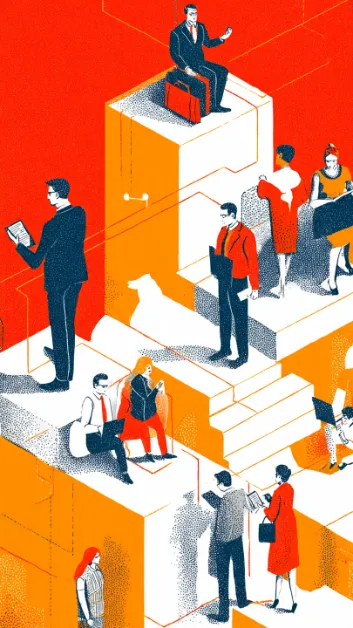
.webp)
